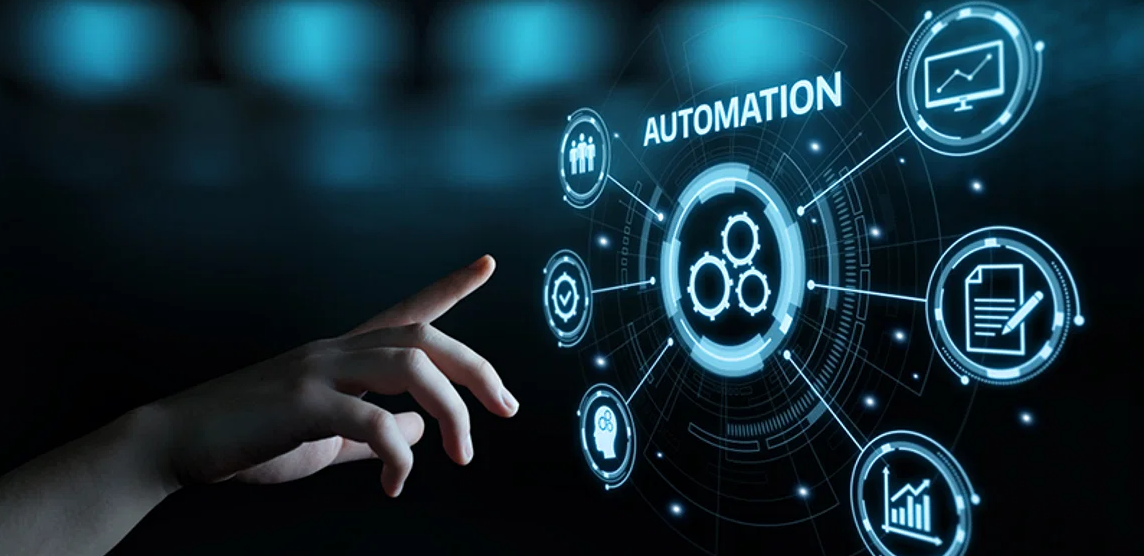Podcast – How universal automation is unleashing innovation

As consumer demand for safer, reliable, and more portable technology rises, businesses are needing to spend more time and money on digital transformation to keep up.
While many businesses will find solutions to meet consumer demand, others aren’t so lucky. Many industrial businesses face digital roadblocks in the form of vendor lock-in for applications or having software that is dependent on hardware.
In our latest podcast, host Jo Taranto chats with Nicole Blackburn, Director of Strategy and Marketing at Schneider Electric about how the concept of universal automation is helping people working with water overcome these challenges.
How universal automation is changing the game
Nicole says universal automation is a game changer as it allows applications to become more portable and open. This means businesses will no longer need to rely on closed proprietary systems, which increases collaboration, reduces risk, and allows for data sharing.
“It's estimated that businesses will invest over a trillion dollars in the next couple of years on digital transformation,” Nicole says.
“However, legacy closed automation systems that prioritize our vendor lock-in over innovation is really what's holding the industry back.”
Nicole says using universal automation can standardise the data exchange between IT and OT (operating technologies). It can also digitally connect an ecosystem of suppliers and partners.
“This can have a major impact on businesses getting the true value out of data that they're capturing today.”
The ‘digital twin’ approach
Universal automation has applications for people working in water too. Nicole says using a ‘digital twin’ approach can help achieve energy consumption and carbon emissions goals.
“This is where you can bring the full design, build, operate, and maintain story together to really deliver the optimisations and efficiencies.”
Nicole says businesses should use an open, software-centric approach to implement an effective digital twin.
“By deploying a universal automation approach, businesses can then mix and match hardware and software regardless of the brand, and that's the real game changer.”
Matching technology with talent
While you might have the budget, time and buy-in, Nicole stresses finding people to operate the technology is just as important.
“I think the investment really needs to be in finding that balance…you invest in talent to get the most out of technology.”
Businesses also needed to build the right hiring processes and training systems to maximise their people’s talents.
“They need to ensure the right technology is in place to allow for these very talented people to do what they do best and not be laboured by tasks the technology can perform,” she says.
Getting diversity and inclusion right for innovation
Diversity and inclusion were also pivotal for innovation. Nicole explains diverse perspectives fuel breakthroughs and prevent stagnation leading to better outcomes.
“If we all thought and worked in the same way we would never see innovation breakthroughs. By bringing diversity in thought and action as an example, and then being an open, inclusive environment where everyone feels empowered to act really creates an energising place. An environment for everyone to feel really excited about the potential of the future.”
Future of sustainability in water
With sustainability being a passion for Nicole, she says there’s a big role for not just big businesses but individuals in driving change.
But she says that while everyone has to do their part, it also comes down to collaboration.
“Ensuring that we have an open environment where we tackle the topic together: businesses, people plus technology.”
This podcast is proudly sponsored by Schneider Electric




